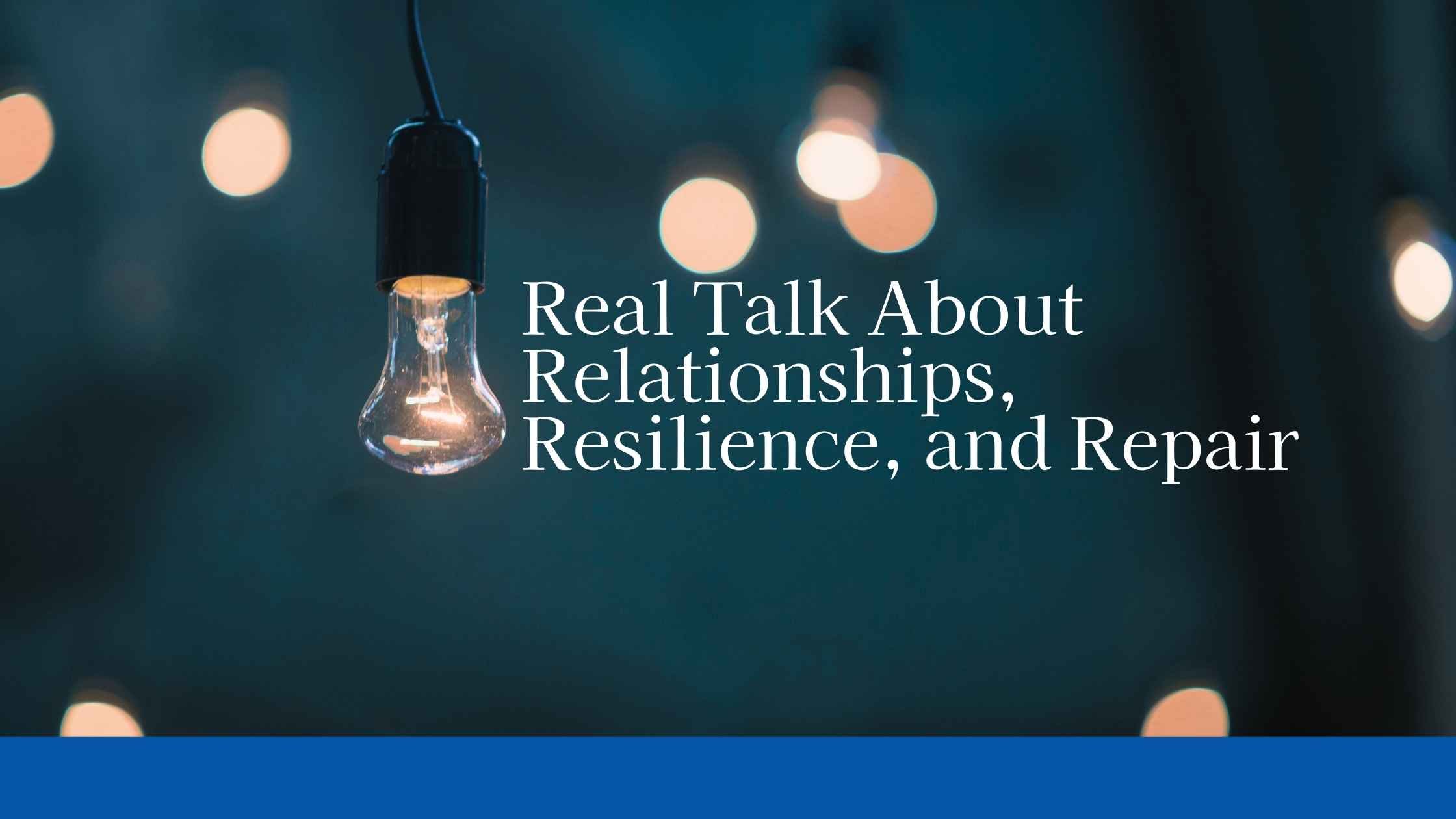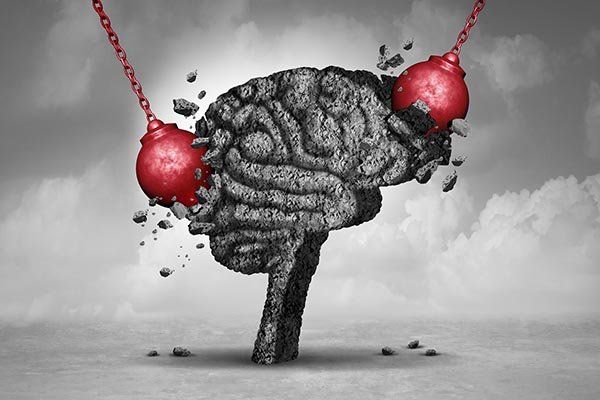
Blog

Regulating Together: How Co-Regulation Supports Secure Attachment
When the nervous system is stuck in fight or flight, emotional safety feels out of reach. This post explores how co-regulation and neurofeedback help couples stay present and connected—even during conflict.

Healing Sexual Intimacy After Addiction Recovery
Healing sexual intimacy after sex addiction recovery requires more than abstinence—it requires rebuilding emotional attunement, trust, and true connection. Learn how therapy helps couples move beyond compulsive patterns into healthy, resilient intimacy.

Attachment Behaviors in the Family: What Kids Mirror Back to Us
When kids act out, it’s often a reflection of deeper relational patterns in the family. This post explores how attachment behaviors show up at home and how family therapy supports healing for both children and caregivers.

Your Nervous System on Overdrive: Calming the Anxiety That Fuels People-Pleasing
People-pleasing isn’t about being nice—it’s often a nervous system response to anxiety and fear. Learn how neurofeedback helps calm your brain, restore balance, and empower real connection.

The Hidden Habit: Understanding Pornography as a Compulsive Pattern in Marriage
Secret pornography use often points to deeper struggles with sex addiction and leaves partners reeling from betrayal. In this post, we explore the compulsive cycle, the impact on the relationship, and how recovery can begin—for both individuals and the coupleship. Healing is possible with the right support.

Creating Safety After a Fight: Gottman Tools for Repair and Reconnection
What happens after a fight matters more than the fight itself. This post explores Gottman tools that help couples repair emotional safety and restore connection after rupture.

One Day. One Weekend. One Turning Point. Intensives.
Therapy intensives offer a breakthrough when weekly sessions aren’t enough. Learn how this focused, accelerated format can help you move from stuck to supported in one powerful step.

Attachment Wounds Aren’t Just from Childhood: How They Show Up in Your Marriage
Attachment injuries can form in adult relationships when emotional needs are missed or dismissed. This post explores how these wounds show up in marriage and how therapy helps couples repair and reconnect.

Your Brain on Betrayal: Why Neurofeedback Can Support Trauma Recovery
Betrayal trauma rewires your brain for survival. Neurofeedback helps restore emotional balance, reduce anxiety, and create space for healing—without needing to talk through it all.

When Good Intentions Backfire: Common Pitfalls That Reinforce Old Patterns in Recovery
Even with the best intentions, couples recovering from sex addiction and betrayal trauma can fall into patterns that hinder healing. This post highlights common pitfalls and offers insights to foster genuine relational growth.

What the Betrayed Partner Needs You to Understand (Even If You’re Working Hard to Change)
Even if you’re doing the work to get better, your partner may still be in pain. This post explores what betrayed partners need you to understand in the early stages of healing, especially when your progress doesn’t match their emotional reality. Understanding this mismatch is key to building long-term trust.

What the Addicted Partner Needs You to Understand (And What They Might Not Know How to Say)
Betrayed partners aren’t the only ones hurting—this post helps unpack what many addicted partners wish they could say, and why understanding their inner experience can help couples heal relationally.

Healing Together After Betrayal: Why Sex Addiction Recovery and Betrayal Trauma Require Two Perspectives
Healing from betrayal trauma and sex addiction recovery require more than individual work. This post explains why both partners' perspectives matter—and what can happen when recovery is one-sided.

What Differentiation Looks Like in Real Life: Series Recap + Journaling
This wrap-up post from our May series on differentiation includes a recap of all five articles and a set of journaling prompts to help you apply the insights to your own life and relationships.

People-Pleasing in Relationships: When Anxiety Overrides Authentic Connection
People-pleasing may look like kindness, but in relationships, it can quietly erode connection. Learn how anxiety fuels over-accommodation and discover tools to rebuild mutuality and authentic intimacy.

How Neurofeedback Helps When Talk Therapy Isn’t Enough
When insight isn’t enough to shift emotional patterns, neurofeedback offers brain-based support. Learn how it works alongside talk therapy to help you feel more regulated and present.

Differentiation as Sexual Maturity: Staying Present Without Performing
In sex therapy, we help clients develop emotional maturity and self-awareness in the bedroom. This post explores how differentiation allows for authentic, connected, and shame-free sexual expression in healthy relationships.

What Is Neurofeedback? A Brain-Based Approach to Emotional Regulation
Neurofeedback helps retrain your brain for better emotional regulation. Learn how this gentle, brain-based approach supports healing from anxiety, trauma, and chronic stress.

Wise Trust After Betrayal: Rebuilding Without Losing Yourself
Wise trust after betrayal means moving at your own pace, honoring your nervous system, and watching for change over time. Learn how therapy can support your healing while helping the relationship become safe enough to rebuild.

Gottman Meets Differentiation: Balancing We-ness and Me-ness in Marriage
In strong marriages, both partners are allowed to be fully themselves. This post explores how the Gottman Method supports differentiation and why individuality strengthens emotional intimacy in couples.
